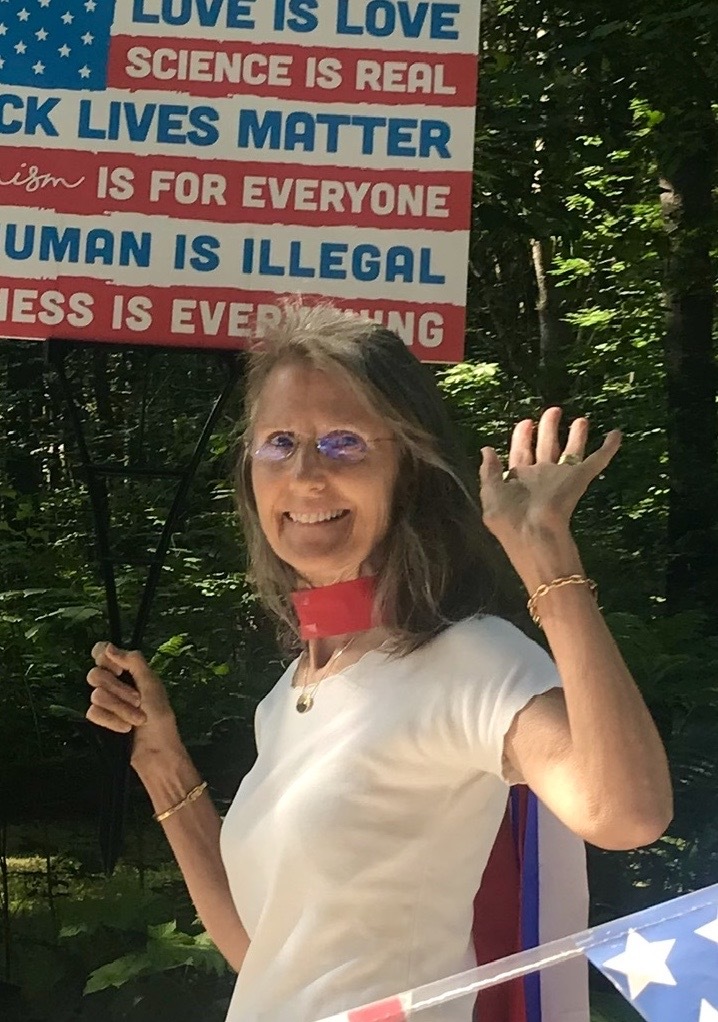
I felt that the only way to survive that feeling of terror was to learn more about what caused it.

My immediate reaction was terror because, though I was home in Vermont when I heard about the plane crashing on the Pentagon, my husband was on a plane to Washington, D.C. Once I learned he was safe, the terror didn't dissipate. I knew it could happen again. I felt that the only way to survive that feeling of terror was to learn more about what caused it. I called the Islamic Society of Vermont and asked if I could visit and learn more about it. Longer term, I stayed alert for opportunities to learn about people who were different from me. A year or two later, when the Vermont Refugee Resettlement Program announced that they would be resettling a group of people called Somali Bantus, I signed up to volunteer to help the newcomers learn about what would become our shared community. A few months later, I joined the staff to develop a volunteer program to support traditional Vermonters in their support of the newest Vermonters. That opened up an extraordinary opportunity to learn about Vermonters' reactions, both heart-warmingly positive and terrifyingly negative, to Muslims in our midst. A few years later, I became the director of the program. And learned much more about how fear changes people, both former refugees and longer-term Vermonters. When confronted with fear of something that seems out of control, each of us has a choice about how to react, how to change. In the moment, it doesn't feel like a choice. Perhaps that can only be an immediate, visceral reaction. But, over time, we can choose to be open to learn and to be willing to adapt. We can choose to take advantage of every opportunity to be generous and kind.
Judy Scott
